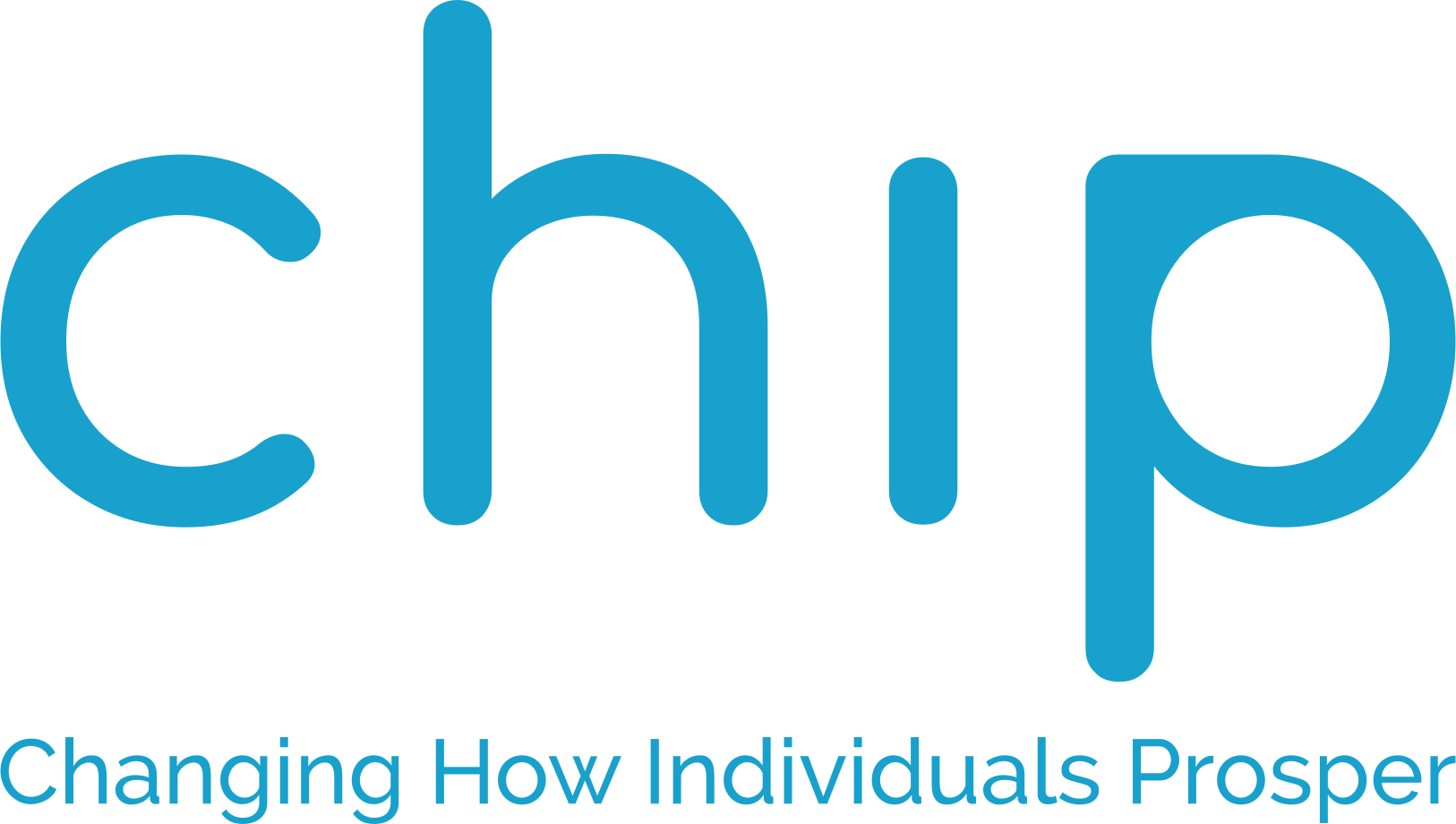Think financial advisors are just for the wealthy? Think again. It’s a common misconception that keeps too many people from reaching their full financial potential. The truth is, financial advisors aren’t just for Wall Street’s elite—they’re for anyone who wants to build a secure future, grow wealth, and take control of their financial health.
At Cultural Coins, we believe it’s time to break the stigma and change the narrative. Whether you’re managing student loans, trying to save for a home, or planning for retirement, financial advising can be a game-changer.
In this post, we’ll define what financial advising is, explain its importance, debunk common myths, and leave you with actionable steps to move forward.
What is a Financial Advisor?
A financial advisor is a professional trained to help you manage your money and make sound financial decisions. They can assist with budgeting, saving, investing, tax planning, and even preparing for milestones like buying a home or planning for retirement.
Think of a financial advisor as your financial GPS—they guide you, help you avoid wrong turns, and ensure you’re on the best route to reach your financial goals. And no, they’re not just for the rich. Whether you’re starting out with $1,000 in savings or managing a six-figure portfolio, a good advisor meets you where you are.
Why is Financial Advising Important?
If you’ve grown up in a system that hasn’t handed you a roadmap to wealth, navigating personal finances can feel overwhelming. Here’s why financial advising matters for everyone—especially those traditionally underrepresented in wealth-building conversations.
- Clarity and Guidance: Financial advisors help translate complex financial jargon into clear, actionable advice. They demystify things like mutual funds, 401(k)s, and tax breaks.
- Goal Setting and Achievement: Whether it’s buying a home, traveling debt-free, or leaving a legacy for your loved ones, an advisor helps create a realistic plan to achieve your goals.
- Wealth Growth and Preservation: Advisors help you not just grow your money, but protect it, ensuring your efforts pay off over the long term.
- Stress Reduction: Money can be a major source of stress. By having a professional guide you, you gain confidence and peace of mind knowing your finances are in good hands.
- Access for All: Many financial advisors now offer flexible options like hourly rates or subscription plans, making it more accessible for middle-income earners, freelancers, and young professionals.
Why Financial Advising Is Not Just for the Wealthy
One major barrier to financial advising is the belief that it’s a luxury only those with six-figure incomes can afford. This couldn’t be further from the truth.
Financial advising is about building wealth, not just managing what you already have. You don’t need to wait until you “have enough” to start working with an expert. Waiting often means missing out on years of compounded growth, better financial habits, and reduced stress.
For too long, financial planning has been marketed as unattainable for communities of color and middle-income households. But the industry is shifting with newer, more inclusive models. Affordable options include virtual advising, group sessions, and financial coaches.
Real-Life Examples of Financial Advisors Impacting Everyday Lives
Still skeptical? Here are three examples of how advisors can help people at different stages of life.
- The Recent Grad
Jessica, a recent college graduate, faced $30,000 in student loans and wasn’t sure how to start paying them off while saving for her first apartment. A financial advisor helped her create a budget, consolidate her loans, and start contributing to her emergency fund.
- The Young Parent
Carlos and Mia, a young couple, wanted to save for their children’s college education but didn’t know where to begin. Their financial advisor helped them open 529 college savings accounts and adjust their budget to include monthly contributions.
- The Mid-Career Professional
Alyssa, a marketing manager in her late 30s, realized she didn’t have a solid retirement plan. Her advisor walked her through her 401(k) options, suggested maxing out her employer match, and introduced her to other retirement investment vehicles like IRAs.
3 Actionable Tips for Finding the Right Financial Advisor
- Prioritize Compatibility: Look for advisors who understand your unique experience. Many directories allow you to filter by advisors with expertise in supporting minority communities or specific income groups.
- Ask Questions: Don’t hesitate to ask about qualifications, fees, and their approach to financial planning. A good advisor is one who’s transparent and easy to communicate with.
- Start Small: Don’t feel pressured to commit to an expensive long-term relationship right away. Many advisors offer free consultations or hourly services so you can test the waters.
Closing
Here’s the truth: Building wealth can feel overwhelming, especially when the system hasn’t been designed with you in mind. But it doesn’t have to be. With the right financial advisor, you’re not just managing money—you’re leveraging it to create a legacy, pursue your dreams, and take ownership of your future.
At Cultural Coins, we connect you with financial professionals who not only provide expert advice but also understand the unique challenges and aspirations of our community. It’s time to break the stigma and claim what’s yours.
